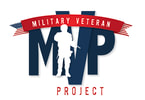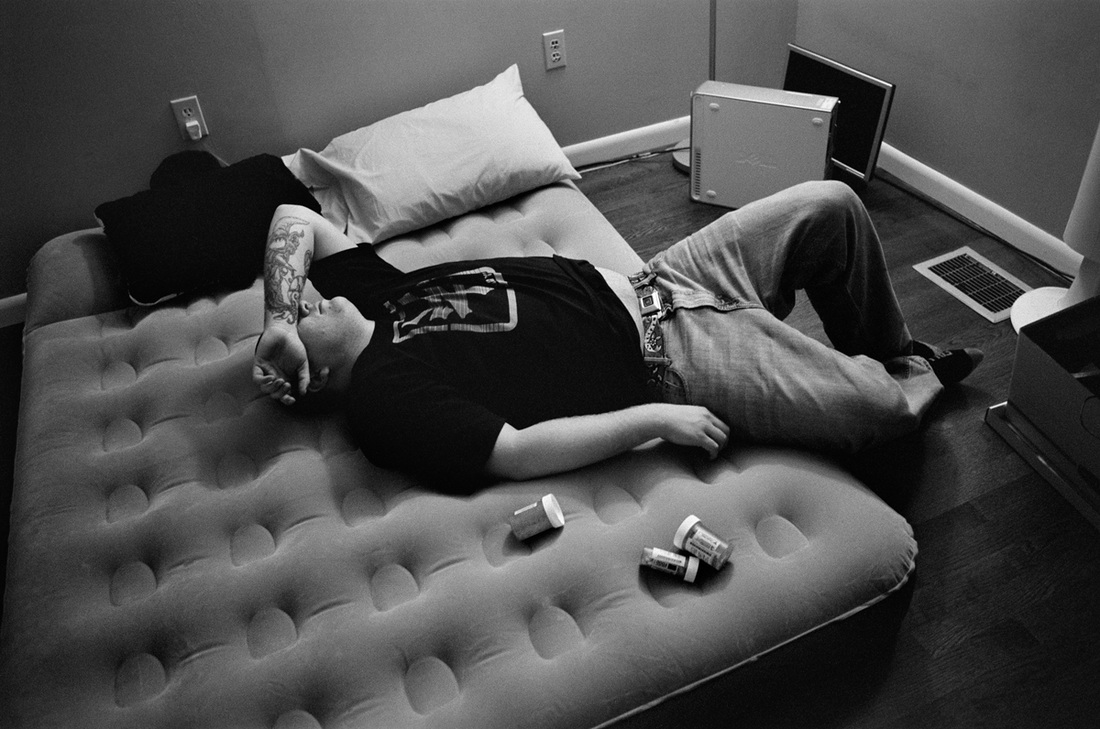|
You lay awake at night and can’t sleep. You’re restless and feel tired during the day. Nightmares wake you up. You’re unable to go back to sleep. Are sleeping problems making it hard for you to get through the day? Sometimes trouble sleeping is a result of a traumatic experience or stressful event in your military or civilian life. Other times, negative thoughts or worry might make it hard to fall asleep or cause you to wake up easily during the night. Trouble falling asleep may be due to anxiety about having nightmares, or from thoughts focused on life challenges. Chronic pain, stomach problems, alcohol or drug use, or other physical ailments also might disturb your sleep. Inadequate sleep over time can lead to chronic sleep deprivation, which will significantly affect your health, performance, and safety.
Good sleep is important for overall good health. The amount of sleep each person needs varies, but seven to nine hours of sleep is ideal for most adults. To feel well rested, your body also needs to go through a series of sleep stages. When those sleep stages are interrupted, you may feel especially tired or have trouble concentrating the next day. “I used to fall asleep so easily during my deployment, even with all the loud noises and 24/7 commotion, but now that I’m back and in a quiet, comfortable bedroom, I just can’t seem to fall asleep at night.” Some Veterans don’t realize their trouble sleeping is affecting their day-to-day functioning or that their sleeping problems are treatable. Symptoms of sleep deprivation and other sleep problems include:
“I used to have a drink every night to get to sleep. One day my friend dug out a week’s worth of empty liquor bottles from the trash and put them on the table for me to see. It was right then I decided to stop self-medicating to get to sleep and address the issue once and for all.” There are several things you can do right away to improve your sleep. Try to remember to:
*Please note the Military Veteran Project does not endorse the AtEase study, merely sharing information for veterans and families to become educated on the correlation and options to participate. Currently, the Military Veteran Project is working with hundreds of veterans to treat Post Traumatic Stress with alternative therapies and treatments while conducting research for Traumatic Brain Injury. To learn more visit WHY WE EXIST - Together, we know we can make a difference and save lives.
0 Comments
Your comment will be posted after it is approved.
Leave a Reply. |
Sign up for our mailing list by clicking here
Archives
March 2020
|
|
Get to know us
|
Resources
|
Get Involved
|
|
|
|
|
The Military Veteran Project is a non-profit 501 (c)3 organization, IRS identification number 46-0877378. Donations made to the Military Veteran Project are tax deductible in the U.S. ·


 RSS Feed
RSS Feed